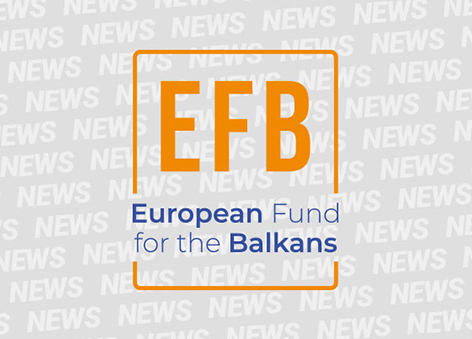
The Western Balkans Foreign Ministers on the Vienna Summit adopted the text of the „Declaration on Bilateral Issues“, and committed themselves to a resolution all open questions in the spirit of good neighbourliness and commitment to European Integration. The Declaration, adopted in the course of the Western Balkans Vienna Summit was drafted by the Balkans in Europe Policy Advisory Group (BiEPAG) and it is an integral part of the policy brief ”Removing Obstacles to EU Accession: Bilateral Disputes in the Western Balkans” prepared in cooperation with the Austrian Federal Ministry for Europe, Integration and Foreign Affairs. By adopting this document, the Western Balkan states pledged to not block, or otherwise impede their neighbours’ progress towards the European Union. The adopted Declaration represents an obligation for the signatories to resolve their bilateral disputes in a manner which will not block, or encourage others to block their neighbours EU integration process, as was the case on several occasions in the recent past. The BiEPAG-proposed Declaration also envisages that the Western Balkans governments will resolve their open issues through negotiations and through other means of peaceful settlement of conflict, and that if this does not lead to an agreement, through international arbitration. Lastly, in order to follow the progress of the agreement implementation, the Declaration foresees yearly reporting on the upcoming Western Balkans Summits, whereby the first report will presented at the Paris 2016 Summit. “Alongside the unresolved border disputes, and the political disputes, mostly revolving around the issues of statehood and national identities, the issues that remained unsolved after the dissolution of Yugoslavia, and especially the minority rights issues – are not only obstacles on individual EU paths, but also regional security risks. The fact that the governments of the Western Balkan countries adopted a joint Declaration is important and encouraging, because it indicates that the states of the region are aware of the challenges that lie ahead, and ready to put in joint efforts in order to resolve the open issues in a peaceful manner. In the same time, the adoption of the Declaration is practical acknowledgement for the BiEPAG experts”, said Hedvig Morvai of European Fund for the Balkans, and added that “for the Declaration’s purposes to be realized, it is important that it is also joined by the EU countries bordering the Western Balkans”. In their policy brief prepared for the Vienna Summit, “Removing obstacles to EU accession: Bilateral disputes in the Western Balkans”, the BiEPAG experts presented a number of recommendations. Aside from the adoption of the Declaration, they also proposed a set of measures that can be implemented in short term, such as nomination of a EU coordinator for bilateral disputes and identification and resolution of ‘easy’ disputes that can serve as models for other countries of the region. [dt_divider style="thin" /] About the European Fund for the Balkans: The European Fund for the Balkans (EFB) is designed to create and support initiatives aimed at strengthening democracy and fostering European integration by enabling inclusive policy making, supporting capacity development and creating a platform for exchange and co-operation in the Western Balkans. About the Balkans in Europe Policy Advisory Group: Balkans in Europe Policy Advisory Group (BiEPAG) is an open group of policy analysts, scholars and researchers, established as a joint initiative of the EFB and the Centre for Southeast European Studies of the University of Graz. The goal of the Group is to promote the integration of the Western Balkans in the EU, and to contribute to the consolidation of democracy in the region, through the facilitation of evidence-based policy dialogue.






